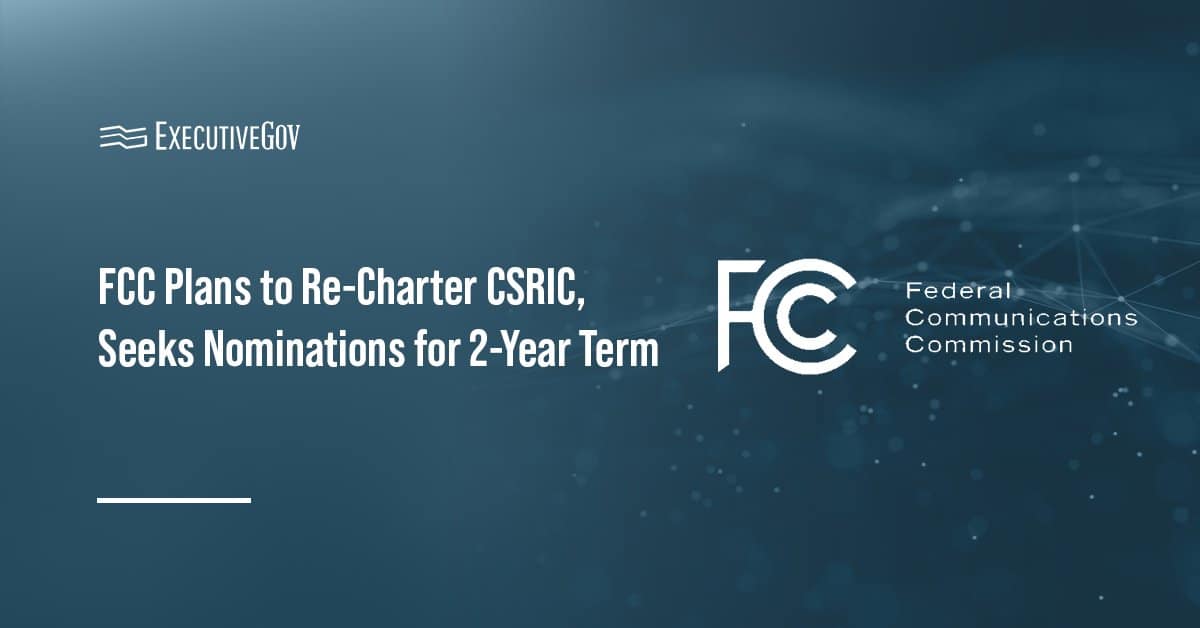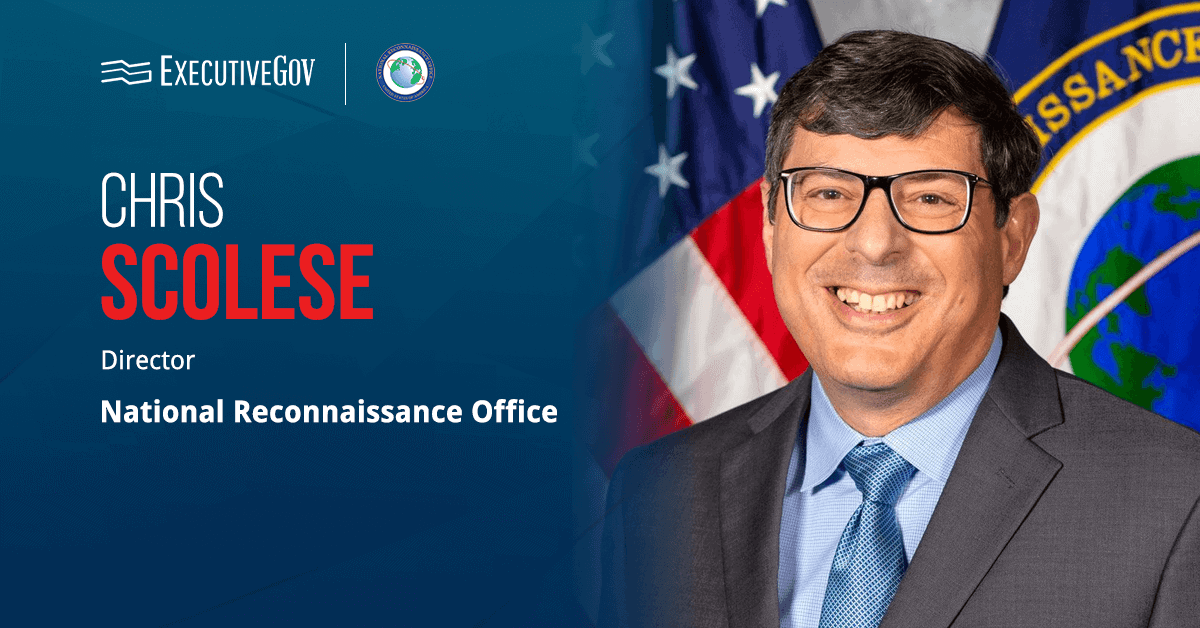The U.S. and India have agreed to further enhance strategic cooperation in artificial intelligence, semiconductors, quantum, advanced telecommunications, space, biotechnology, clean energy and other critical technology sectors in a manner that aligns with democratic values, respects human rights and ensures the Indo-Pacific region’s security and prosperity.
During the second meeting of the U.S.-India initiative on Critical and Emerging Technology — a.k.a. iCET — in New Delhi, U.S. National Security Adviser Jake Sullivan and his counterpart in India, Ajit Doval, emphasized their commitment to taking concrete measures in the next few months to address challenges to bilateral trade, industrial and technology cooperation, the White House said Monday.
The two countries will advance collaboration in several areas: bridging innovation ecosystems; deepening defense innovation and industrial cooperation; pursuing advanced telecommunications opportunities; combining capabilities in biotechnology and biomanufacturing; securing semiconductor supply chains; building a clean energy and a critical minerals partnership for the 21st century; and pursuing quantum, AI and high-performance computing collaboration.
Strengthening defense innovation efforts
To bolster defense innovation, the two countries are advancing discussions on India’s planned procurement of MQ-9B unmanned aerial systems and co-production of ground warfare systems. They are also accelerating the joint adoption of commercial technologies for military platforms by strengthening cooperation between the U.S. Defense Innovation Unit and India’s Innovations for Defense Excellence.
The U.S. and India will further expand defense industrial partnerships, such as pushing the launch of an artificial intelligence multidomain situational awareness platform developed by General Atomics and 114ai to support Combined Joint All-domain Command and Control.
In January 2023, iCET held its inaugural meeting, providing a venue for government officials from the U.S. and India to discuss opportunities to advance cooperation in critical technologies and strengthen connectivity across innovation ecosystems.





